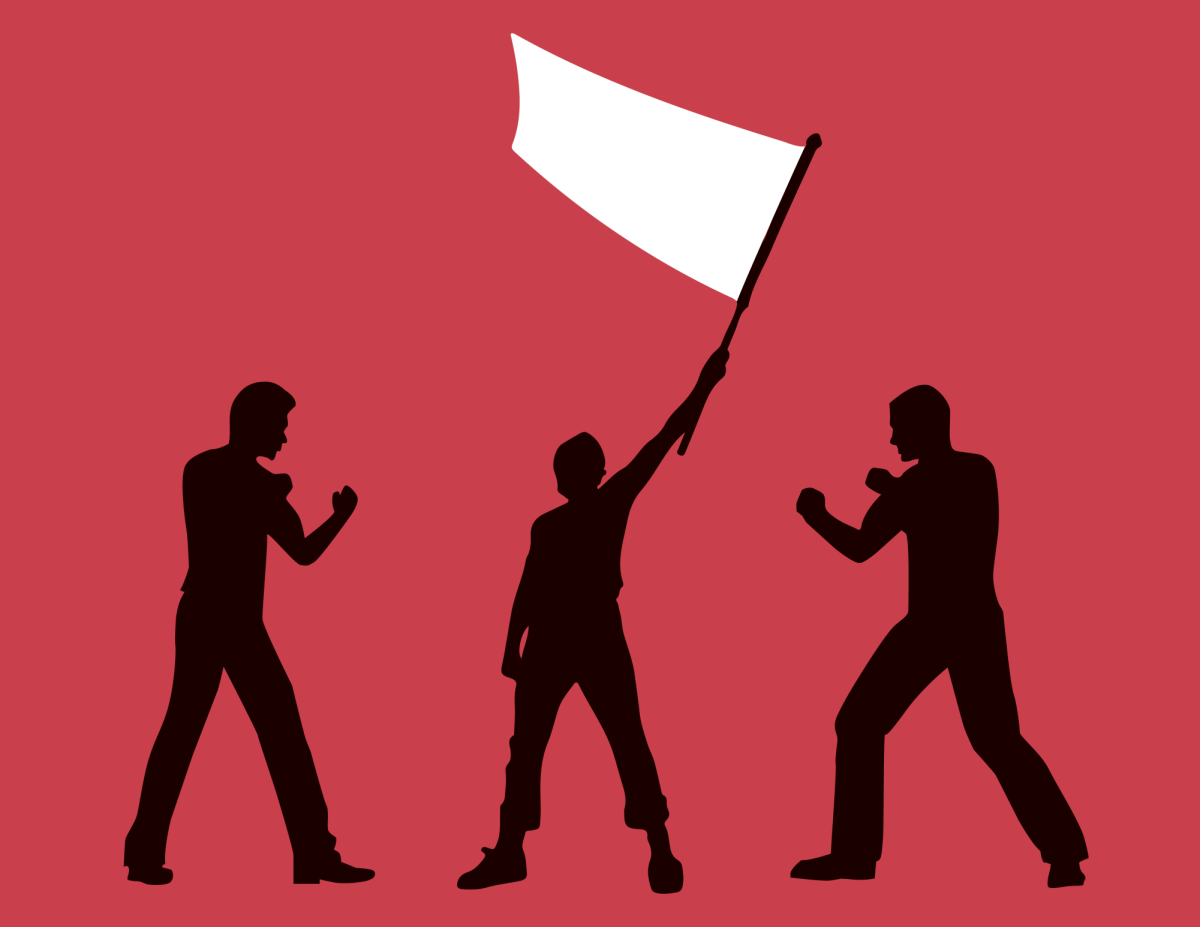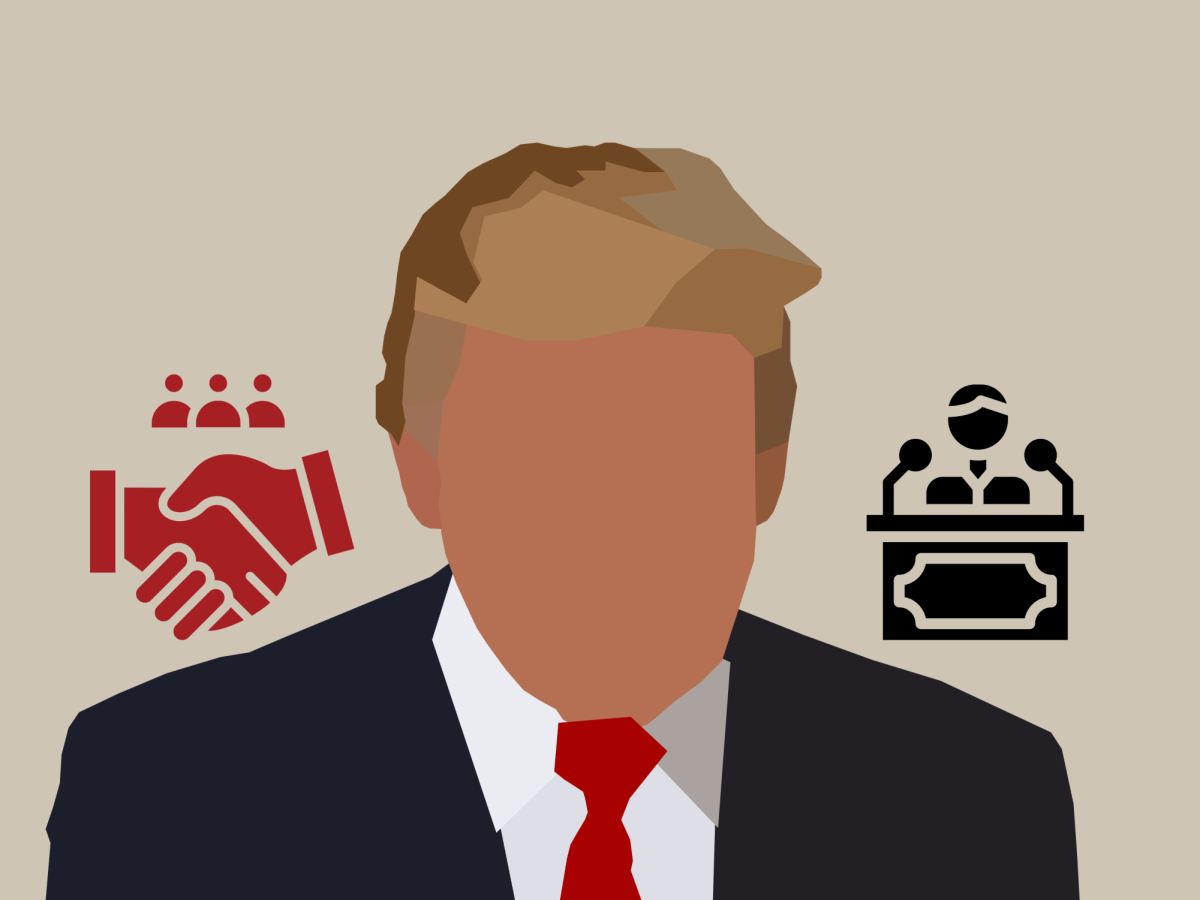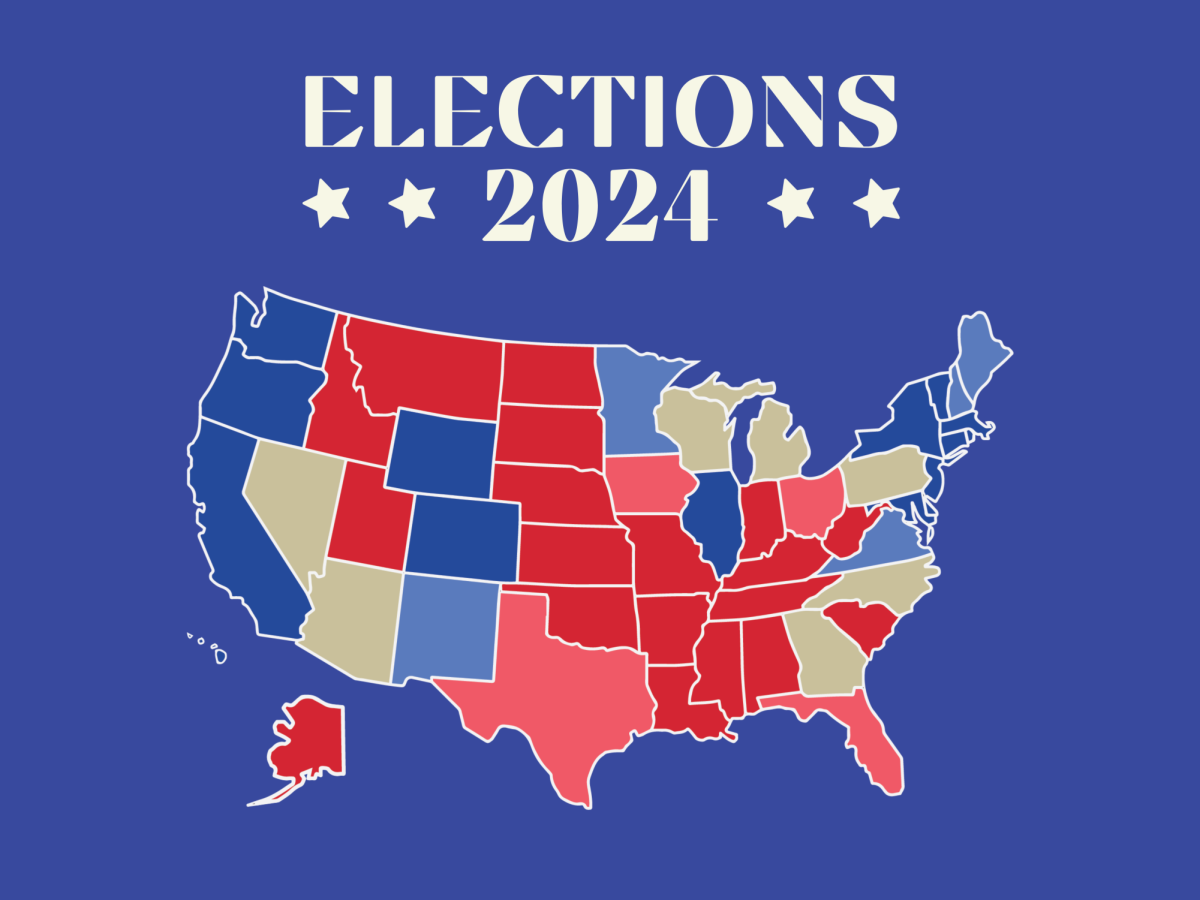With the 2024 election approaching, the United States is entering one of its most politically divided eras in recent history. Political polarization has continued to increase over time, with both Democrats and Republicans shifting away from the ideological center. Consequently, political violence and extremism have risen as well. Weeks ago, former President and current presidential candidate Donald Trump faced a second apparent assassination attempt, calling into question the extremity of our current political sphere.
Parties today have become a form of tribalism intertwined with individual identities, creating partisan animosity. This has altered the perception of opposing parties from “left versus right” to “good versus evil,” and when people see their political opponents as enemies, violence is more likely to occur. Our leaders have the power to incite division and enmity with their rhetoric, and when campaigns are run on labeling the opposing party as an existential threat, people will inevitably feel victimized by this perceived loss of rights and democracy.
These attitudes create an environment where violence is almost morally acceptable — if everything important to someone’s country and rights depends on defeating the opposing party, anything, including violence, becomes easier to justify. And while there are many variables that influence the complexity of political violence, there is one urgent component within college students’ control to address as the next generation of voters: our rhetoric.
Navigating political conversations in an era of polarization is challenging, but there are opportunities to prevent fueling the fire. First and foremost, we can become more involved by researching policies beyond a social media post, approaching opposing ideas with an open mind and, most importantly, voting. To keep democracy alive, its most basic principles must be re-established and normalized. Instead of playing into “cancel culture” and harvesting animosity toward those with different opinions, we should revitalize respectful, bipartisan discourse.
Tolerance can exist simultaneously with the condemnation of political violence and extremism. We can find a balance between holding passionate beliefs and having civil, productive disagreements. At the end of the day, democracy is in the hands of the people, not the political violence that ensues.



















































